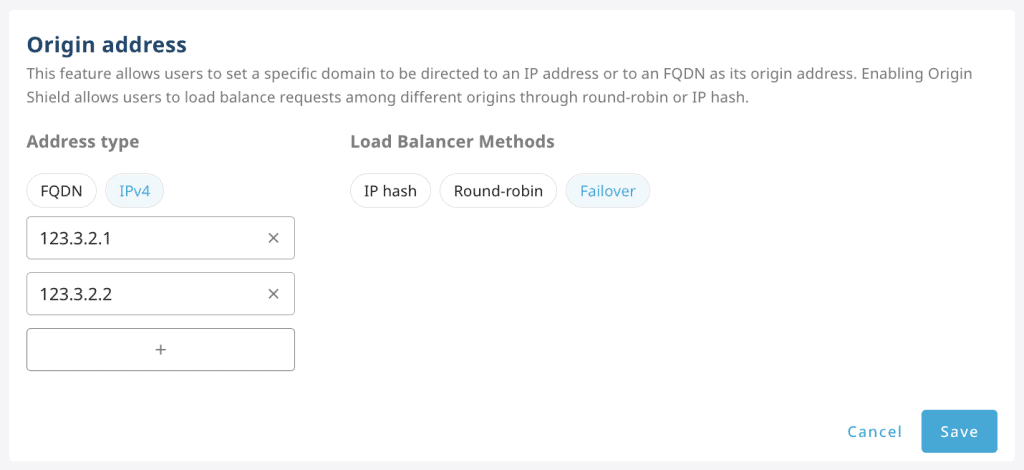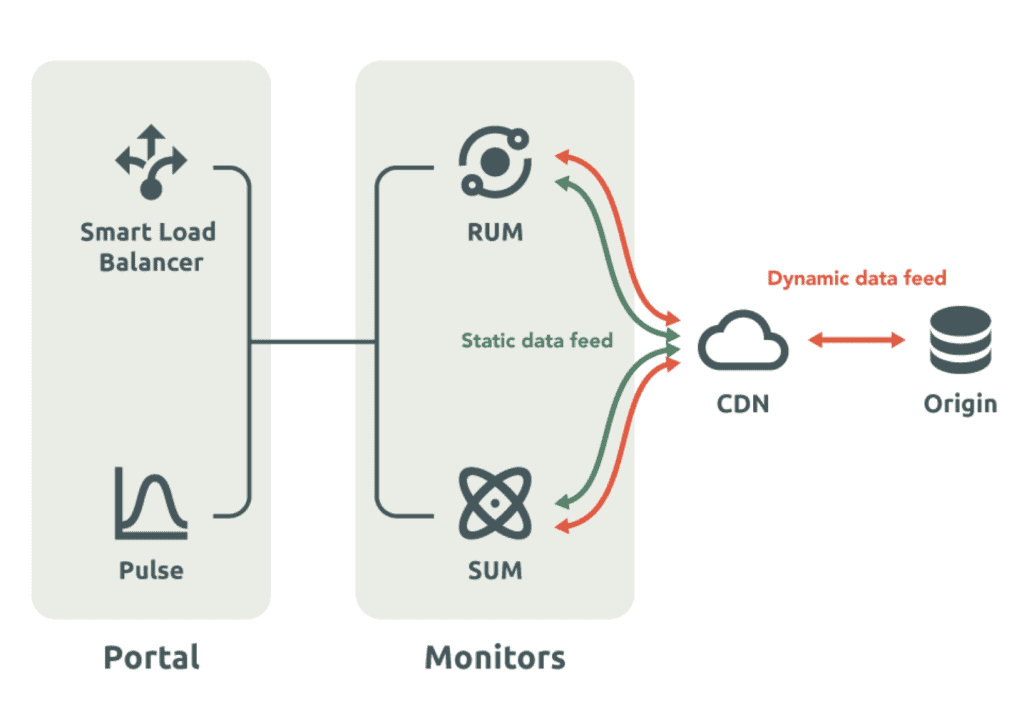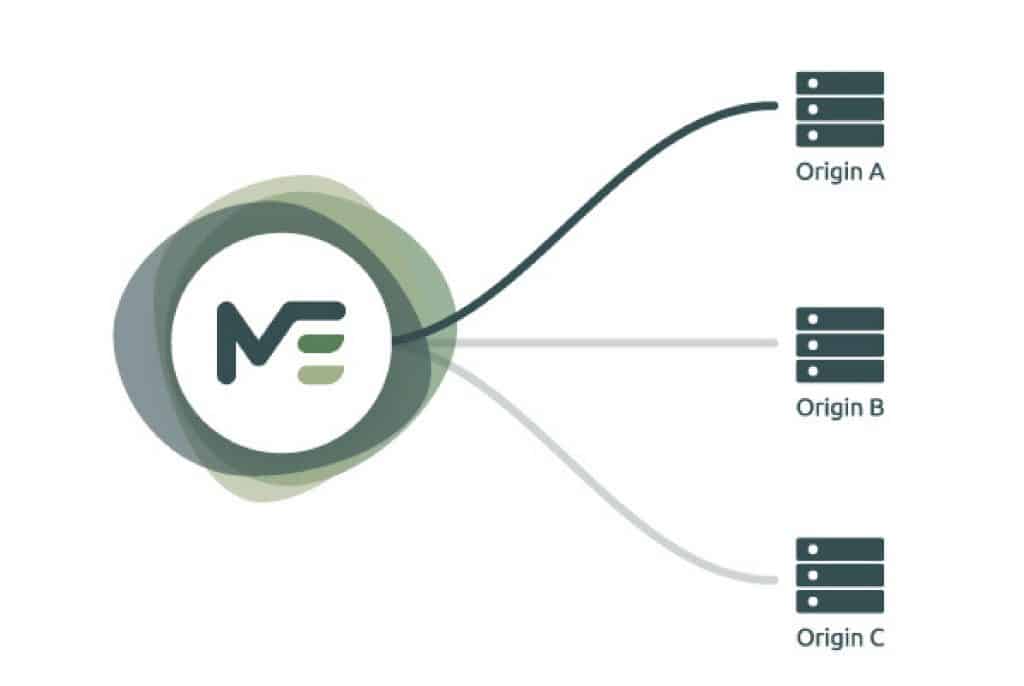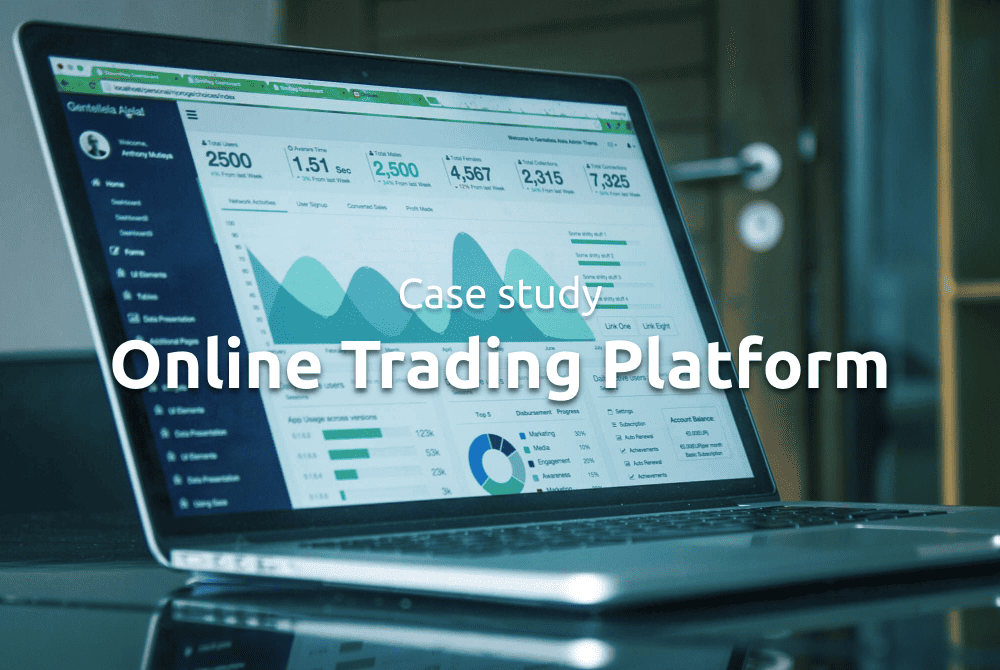In today’s cloud era, resilience and up-to-date data are business-critical when it comes to building trust and loyalty with customers. From a user’s perspective, satisfaction levels drop significantly when dealing with a slow loading website, or even worse a total outage. From a website owner’s perspective, not being able to detect traffic spikes or cyber attacks can possibly lead to downtime.
That is why at Mlytics, we continue to develop robust solutions to boost website resiliency. With this update, we are bolstering Mlytics Multi-Cloud solution by implementing a hassle-free turnkey origin load balancing solution through Origin Shield, and enhancing the accuracy and reflex of Mlytics Smart Load Balancer and Pulse by increasing the frequency of synthetic user monitoring.
Origin Shield – Introducing Origin Load Balancing: Failover
One of the biggest concerns of website owners is outages. A single outage can strip out a huge chunk of the company’s revenues. This has been clearly demonstrated during several CDN outages in the past, namely: Cloudflare Outage (June 2022), Akamai Outage (July 2021), and Fastly Outage (June 2021), wherein online companies went down together with the outages of these CDNs.
These unfortunate situations could be easily avoided, only if online companies build their network and cloud infrastructure with no single point of failure. One way of doing this is by implementing Multi-cloud solutions at various levels of their infrastructures.
Multi-Cloud is not new to Mlytics, in fact, Multi CDN is a Multi-Cloud solution. However, in the pursuit of Mlytics toward better resiliency and reliability, Mlytics will also employ a Multi-Cloud solution for user’s origin, through its Origin Shield.
Mlytics will now allow users to add multiple origin servers, and route traffic and requests to selected origin servers using various load balancing methods such as failover, IP hash, and round-robin.

- Failover uses a primary server to be available as the default server where all requests will be routed while reserving a secondary server (or group of servers) to be on standby. Requests will only be routed to the secondary server if the primary server becomes unavailable (i.e. becomes unhealthy, or experiences downtime).
- IP hash uses a hash algorithm that takes the source (client’s) and destination (server’s) IP address to generate a unique hash key. This key will be used to allocate a specific client to a particular server. When requests for sessions for the domain name associated with the server from the given client are received, all requests from the same client will be forwarded to the same server.
- Round-robin uses multiple identical servers configured with the same domain name, but each has a unique IP address. When requests for sessions for the domain name associated with the servers are received, the requests are allocated in a rotating sequential manner.
Mlytics will perform health checks to monitor your origins and then automatically move traffic to a healthy origin. With these multiple origin load balancing solutions, all domains that are Origin Shield enabled will be resilient to outages.
Another key feature of Mlytics Multi-cloud solutions is its implementation. Just like Mlytics Multi CDN solution, the Multi origin load balancing solution is also implemented as a turnkey solution. Mlytics provides users an easy and hassle-free interface to add multiple user’s origins and set up load balancing configurations in just a few clicks. There is no need to configure and manage different origins in separate platforms, and most especially there is no need to troubleshoot problems that may arise from integrating origin servers from different cloud providers.
By implementing a hassle-free turnkey origin load balancing solution through Origin Shield, Mlytics is able to bolster its Multi-Cloud solution and ensure the reliability and resilience of websites.
Mlytics Smart Load Balancing and Pulse – Increasing frequency of Synthetic User Monitoring
Smart Load Balancer is Mlytics proprietary AI-powered Load Balancer that digests the data obtained from synthetic and real-user monitoring systems to generate performance and availability metrics. These metrics are then used to orchestrate Multiple CDNs, and intelligently routes the web traffic to the best performing CDN for a given location and time.
While Pulse is Mlytics interactive chart that displays performance and the availability data of all CDNs (that Mlytics have partnered with) for a given region and time. Pulse collects data through synthetic and real-user monitoring. It is a powerful tool that allows businesses to make informed decisions on choosing the most reliable CDN that can boost their website performance globally or in any of their target regions.

In order for both of these Mlytics products to function optimally, it is very important that we collect high-quality data and that our data is up-to-date. In the last update, we introduced the new feature Data Feed which can provide highly targeted performance and availability data, hence improving the accuracy and quality of data utilized by both the Smart Load Balancer and Pulse.
In this update, we are increasing the frequency of data collection of our synthetic user monitoring. We upgraded the wavers of our synthetic user monitoring to collect performance and availability data every 1 minute.
With shorter data collection intervals of our wavers, this will improve the accuracy and reflex of both our Smart Load Balancer and Pulse, hence improving our platform’s and user’s ability to detect and act on critical events such as traffic spikes and cyber attacks in a more timely manner.
By increasing the monitoring frequency of our synthetic user monitoring, the reflex of Mlytics Smart Load Balancing and Pulse are enhanced.
Takeaways
In summary, Mlytics Origin Shield is now able to perform origin load balancing which ensures the reliability and resilience of websites. In addition, Mlytics Smart Load Balancer and Pulse increase the frequency of synthetic user monitoring which allows the system and the users to quickly detect and act on critical events and potential risks.
With this update, we’re yet another step closer to our goal of building a more reliable and resilient digital infrastructure, while bolstering our multi-cloud architecture at the same time.



